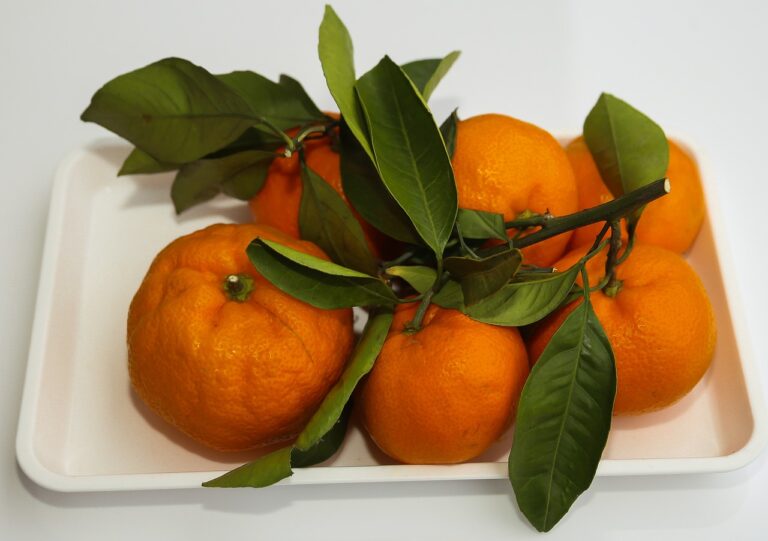Analyzing the Role of DHA in Brain Development in Young Pets: Tiger exchange, Golden77, Sky 99 exch id
tiger exchange, golden77, sky 99 exch id: Analyzing the Role of DHA in Brain Development in Young Pets
You may have heard of the importance of DHA (docosahexaenoic acid) in the diet of humans, particularly when it comes to brain health and development. But did you know that DHA also plays a crucial role in the brain development of young pets? In this article, we’ll delve into the significance of DHA in nurturing the brains of our furry friends and how it impacts their overall well-being.
Understanding the Role of DHA in Brain Development
DHA is an omega-3 fatty acid that is essential for proper brain function. It is a key component of cell membranes in the brain and is important for signaling between brain cells. In young pets, DHA is particularly crucial during the early stages of development when the brain is rapidly growing and forming connections.
Studies have shown that a diet rich in DHA can lead to improved cognitive function, better learning abilities, and enhanced memory in pets. DHA also plays a role in reducing inflammation in the brain, which can help protect against cognitive decline and neurodegenerative diseases later in life.
The Importance of DHA in Young Pets
When it comes to young pets, ensuring they receive an adequate amount of DHA in their diet is vital for their overall health and well-being. The developing brain requires a steady supply of DHA to support the growth of neurons and the formation of synapses, which are essential for learning and memory.
Research has shown that pets fed diets high in DHA exhibit better cognitive performance and are more adept at learning new tasks compared to those with DHA-deficient diets. In addition, DHA has been linked to improved behavior and reduced risk of developing neurological disorders in pets as they age.
Sources of DHA for Pets
DHA is primarily found in fatty fish such as salmon, mackerel, and sardines. These fish are rich in omega-3 fatty acids, including DHA, making them an excellent source of this essential nutrient for pets. Many pet food manufacturers also incorporate DHA into their formulations to ensure that pets receive an adequate amount in their diet.
Supplements are another option for pet owners looking to boost their pet’s DHA intake. Fish oil supplements are a popular choice and can easily be added to your pet’s food to provide an extra dose of this important nutrient. It’s important to consult with your veterinarian before introducing any new supplements into your pet’s diet to ensure they are safe and appropriate for your pet’s needs.
The Bottom Line
DHA plays a pivotal role in brain development and overall cognitive function in young pets. Ensuring that your furry friends receive an adequate amount of DHA in their diet is essential for supporting their brain health and promoting optimal cognitive function. By incorporating DHA-rich foods or supplements into your pet’s diet, you can help set them up for success and enhance their quality of life.
FAQs
1. How much DHA does my pet need in their diet?
The amount of DHA your pet requires can vary depending on their age, size, and breed. It’s best to consult with your veterinarian to determine the appropriate dosage for your pet’s specific needs.
2. Can I give my pet too much DHA?
While DHA is essential for brain development, giving your pet excessive amounts can lead to health issues. It’s important to follow recommended dosages and consult with your veterinarian before introducing any new supplements into your pet’s diet.
3. Are there any side effects of giving my pet DHA supplements?
In general, DHA supplements are safe for pets when given in appropriate amounts. However, some pets may experience digestive issues such as diarrhea or vomiting. If you notice any adverse reactions, discontinue use and consult with your veterinarian.
4. Can I feed my pet DHA-rich foods instead of supplements?
Yes, you can incorporate DHA-rich foods such as fatty fish into your pet’s diet to boost their intake of this essential nutrient. Just make sure to choose high-quality sources and consult with your veterinarian to ensure a balanced diet for your pet.
Remember, a healthy brain means a happy pet! By providing your furry friend with the necessary nutrients, like DHA, you can help support their brain development and overall cognitive function for a lifetime of companionship and joy.







